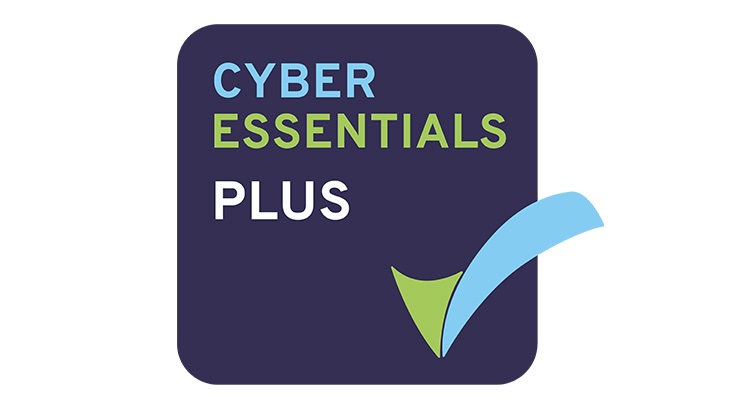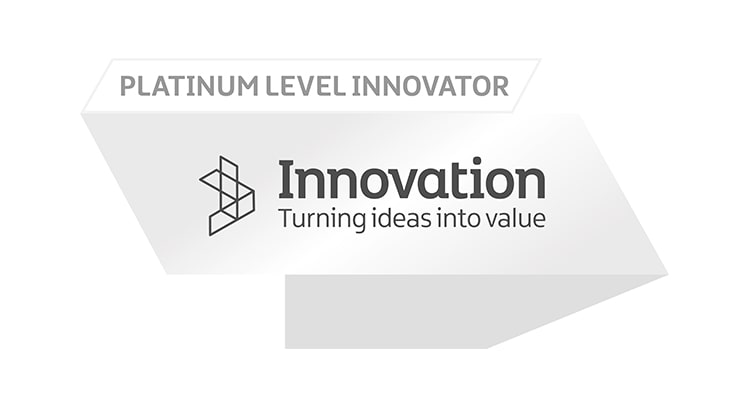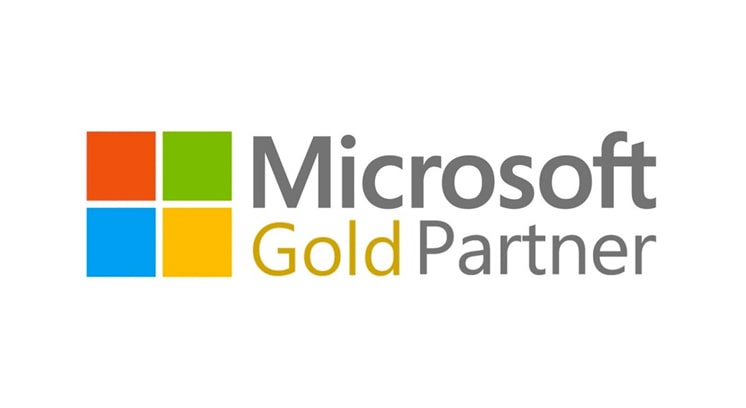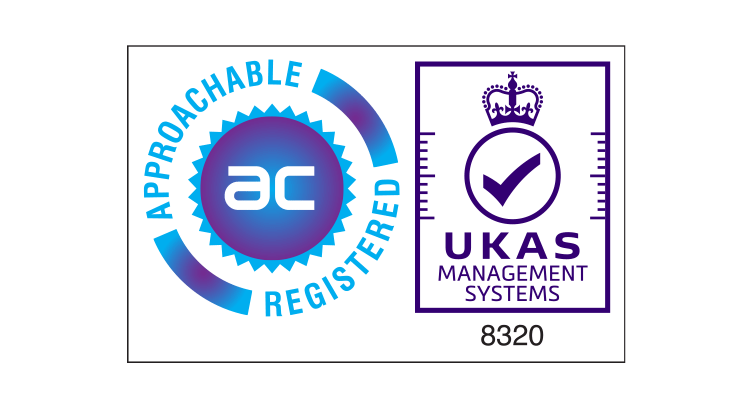Smart Scheduling
Smart scheduling is transforming the workforce scheduling landscape. A smart schedule isn’tisn’t just filling slots in a timetable; it’sit’s harnessing real-time information to optimise workforce deployment.
In previous blogs, we have covered how technology enables businesses like yours to deliver exceptional customer service. But what about your workforce? Imagine for a second the challenge of coordinating a large workforce while dealing with multiple locations, unpredicted demand, inventory and a myriad of factors to consider. The process can become very overwhelming.
Traditional scheduling methods often involve inefficient tools such as Excel spreadsheets, whiteboards, or pen and paper, adding to the complexity and frustration. This would be exhausting for even the most seasoned demand planner.
Enter cloud-based solutions. Leveraging smart scheduling, these solutions not only eliminate the burdensome task of manual scheduling but also enhance employee satisfaction and adapt swiftly to industry demands.
Table of Contents
What is smart scheduling?
Smart scheduling systems, or dynamic scheduling software, eliminate manual workforce scheduling tasks. They link the back office to your mobile workforce, enabling seamless communication and assigning the right person with the right skills to the right job. In field service, this might be deploying the most suitable technician, tradesperson, salesperson, or estimator to a specific location or service appointment.
How does smart scheduling work?
Smart scheduling often integrates into a broader job management or mobile workforce management platform. Smart scheduling solutions deliver comprehensive workforce management capabilities, considering factors such as skills, product knowledge, territories, and proximity to tasks.
This enables the smart scheduling app to instantly generate a list of qualified personnel who can be dispatched to any location at the click of a button. That feels pretty smart to me.
Related article: What is dynamic scheduling?
Common data points used in smart scheduling include:
- real-time resource location
- live traffic information
- job constraints
- skills or qualifications
- vehicle or machinery
- inventory levels
- detailed service information
- customer history
- work order requirements

Data Analysis
This data is then analysed to create schedules that meet business needs and enhance customer satisfaction and employee engagement. For instance, if data shows a spike in demand for a particular service every Friday afternoon, the smart scheduling system can automatically assign more workers with the relevant skills to that time slot.
This simplification of the dispatch process enhances customer service by personalising it to their specific needs. It also empowers your workforce to complete more tasks the first time. Every service technician is equipped with all the necessary information to meet any service requirement at the point of assignment.
Artificial Intelligence and Smart Schedules
The beauty of data-driven smart scheduling is its continuous learning process. The system adapts as it receives new data, making the schedules more accurate and efficient. Many leading solutions are implementing AI to reduce employee downtime, improve productivity, and minimise schedule-related service disruptions (McKinsey).
Related article: The Future of Field Service Management
What are the benefits of smart scheduling?
Smart scheduling could be the missing link in transforming your service delivery. You can significantly streamline how you assign work by saving your back office and frontline employees time and resources. Not to mention improving the first-time fix rate. Additionally, an intelligent scheduling platform reduces the need for paper, phone calls or other manual processes, often leading to inaccuracies and lost time.
How does a smart schedule achieve this? Let’s explore some of the key features and benefits.
Better Workforce Utilisation
Speed and efficiency are paramount to delivering a top-tier customer experience in the field service industry. More efficient and accurate scheduling can positively impact customer ratings and your bottom line. Fluctuating demand or failures can disrupt even the most carefully planned schedule if jobs start or end earlier or later than anticipated.
Information Readily Available
Managers and employees can access job histories and task information on the go or on-site. Risk assessments, compliance data, inventory levels and material costs are also displayed. This helps streamline communication and planning and minimises SLA breach risk.
Faster First-Time Fix
Integrated scheduling software provides a clear and immediate view of technicians’ schedules, locations, and time spent on each job. You will receive reminders automatically about technician travel times, arrival at the site, and task completion status. Having real-time data on technicians allows management to address issues and avoid unnecessary costs quickly.
Seamless Integration
Smart scheduling should seamlessly integrate with existing ERP and FSM processes. It should allow you to efficiently manage your time by enabling the creation of a master schedule and managing weekly schedule changes. Scheduling data is automatically updated in payroll and invoicing, reducing the problems of manual or duplicate entries.
Real-Time Schedule Updates
Complete smart scheduling solutions leverage mobile devices to update and adjust technician schedules in real time. Mobile capabilities allow technicians to diagnose and resolve issues faster, providing a more accurate and personalised service experience. This, in turn, improves customer relations.
A robust scheduling system does more than connect your employees. It helps you stay on top of costs, build customer trust, and keep your business running smoothly.
Improved Customer Experience
The first step in providing excellent service and meeting contractual obligations is scheduling the right personnel in the right location at the right time. You can achieve this with a scheduling system that goes beyond merely covering all shifts. Smart scheduling software incorporates a compliance tracking function. This guarantees that every technician you assign is competent, certified, and adheres to your particular service criteria. This helps build customer trust and reduces your risk.
Transparent Operations
Cloud-based applications provide the ability to update schedules instantly and view work status in the field. You can create accessible and interactive timetables weeks ahead to prevent the chaos and disorder brought about by conventional manual methods. The speed and responsiveness that smart scheduling provides make many traditional scheduling methods seem outdated.

Benefits to Employees
Smart scheduling also benefits employees, who can arrange and view their work schedules through mobile applications. These apps provide an interactive and accessible way to view schedule changes. Employees can indicate their preferred work hours, choose optimal working periods, access their schedules, and get updates on changes. Employees can also send warnings, propose and agree to additional shifts, and even apply for leave.
This enables companies to comprehend their employees’ work patterns and enhances job contentment by empowering employees to control their own schedules through interactive apps.
An additional benefit is ensuring all work is skill-matched. Employees may feel discouraged when overwhelmed by a task beyond their skill set. By assigning jobs based on employees’ strengths and skill preferences, your managers can boost morale and increase overall productivity.
The Future of Smart Scheduling
Related Article: Operational Intelligence vs. Business Intelligence
Smart scheduling systems continue to become even more intelligent with the widespread deployment of predictive analytics. This involves combining historical data and machine learning algorithms to predict future scheduling needs accurately. Predictive smart schedules will allow businesses like yours to anticipate demand and allocate resources more efficiently, reducing costs and improving service delivery.
Beyond this, integrating smart scheduling systems with IoT devices will provide real-time data on everything from traffic conditions to equipment status. This will enable even more precise scheduling and dispatching of technicians, further improving efficiency and customer satisfaction.
I am optimistic about the future capabilities of smart scheduling.
As it gains traction, expect to see more industry-specific features as usability and accessibility will improve. Developers will streamline interfaces for ease of use, and mobile advancements will allow schedule management anytime, anywhere. That is more than just smart. That’s genius.








